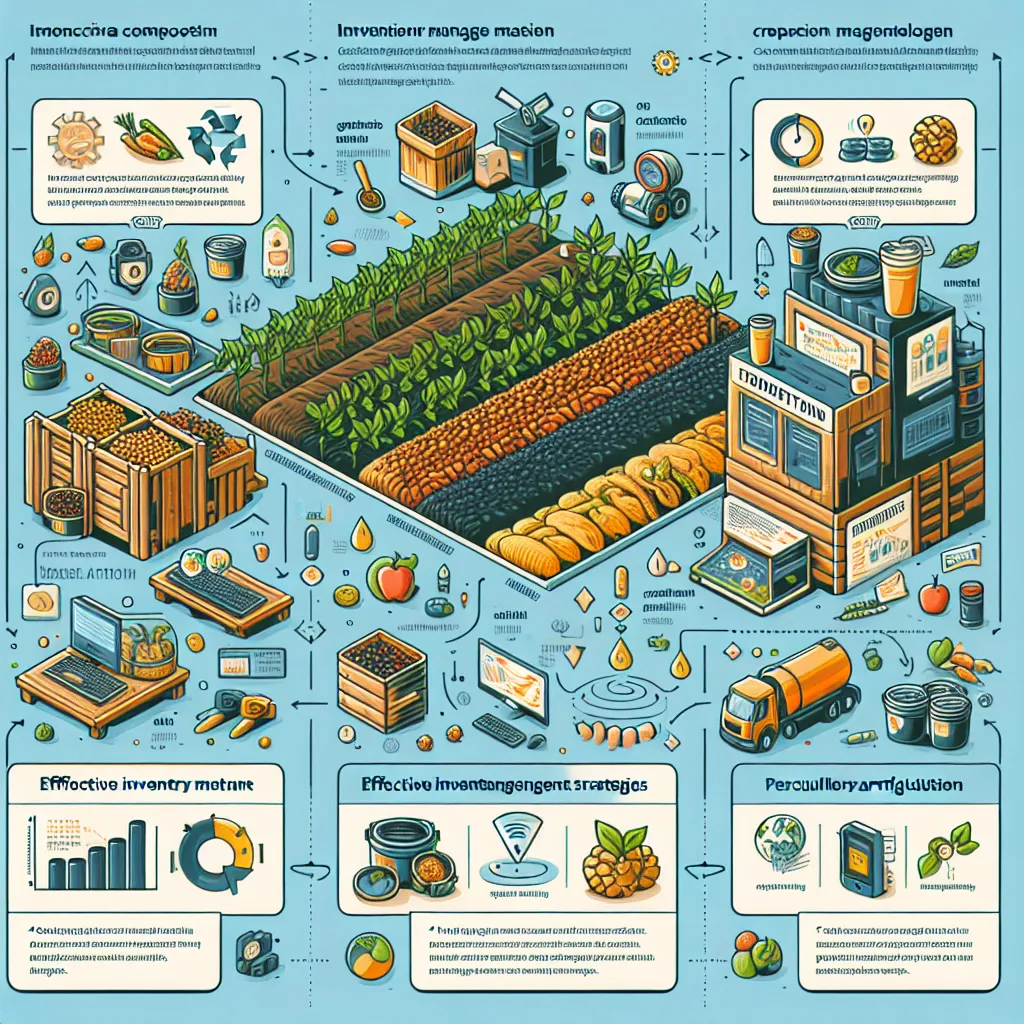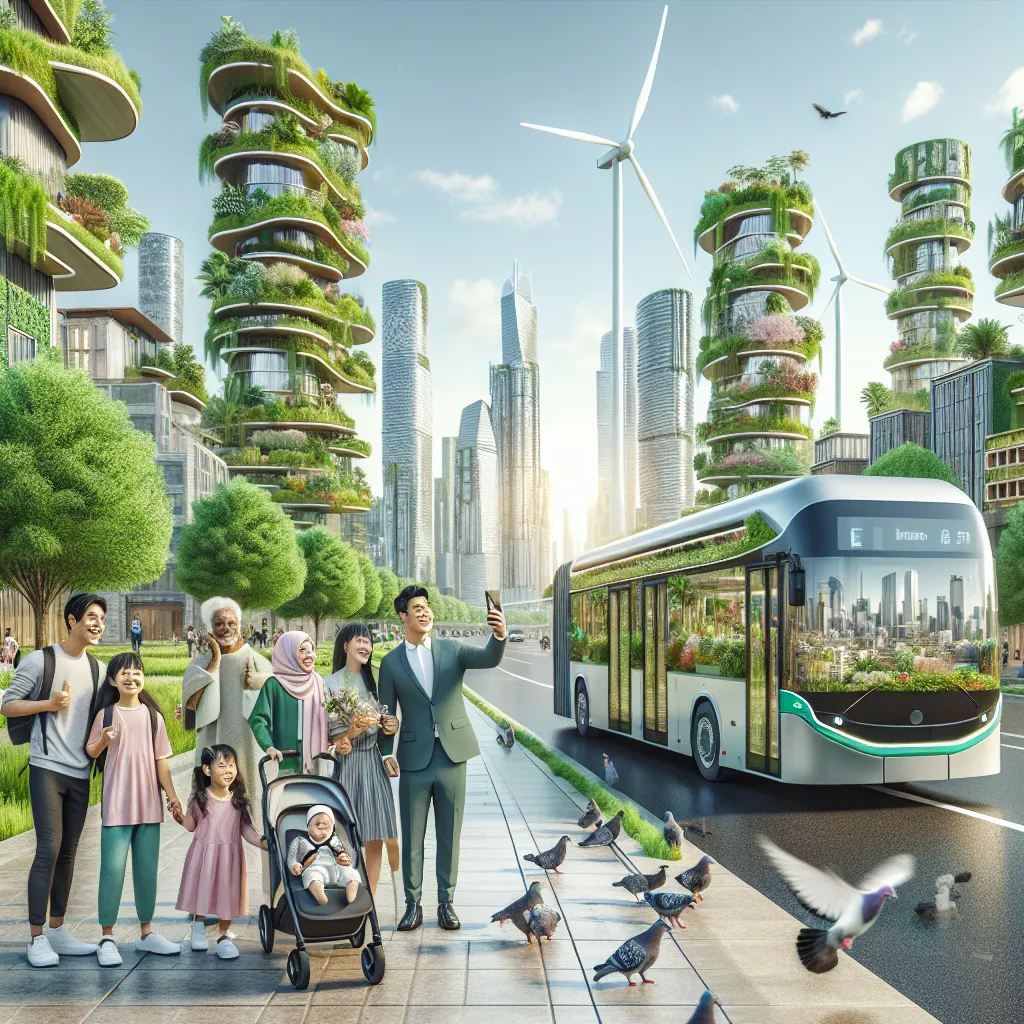The IELTS Reading section is a crucial component of the test, assessing your ability to comprehend complex texts and extract relevant information. Today, we’ll focus on a topic that has gained significant attention in recent years: “How to reduce waste in food production.” This subject has appeared in various forms in past IELTS exams and remains highly relevant due to growing environmental concerns. Given its importance and frequency, there’s a strong possibility that you may encounter a similar theme in future tests.
Nội dung bài viết
 Food waste reduction infographic
Food waste reduction infographic
Practice Reading Passage: Innovations in Reducing Food Production Waste
The Text
Food waste is a global issue with far-reaching implications for the environment, economy, and society. As the world population continues to grow, the need to produce more food while minimizing waste has become increasingly urgent. This article explores innovative approaches to reducing waste in food production, from farm to fork.
One of the most promising strategies is the implementation of precision agriculture. This approach uses advanced technologies such as GPS, sensors, and data analytics to optimize farming practices. By precisely measuring soil conditions, weather patterns, and crop health, farmers can apply water, fertilizers, and pesticides more efficiently, reducing overuse and waste. For example, drone technology can provide detailed aerial imagery of crops, allowing farmers to identify areas of stress or disease before they become widespread problems.
Another innovative solution is the development of “ugly produce” markets. A significant amount of food waste occurs at the farm level, where fruits and vegetables that don’t meet aesthetic standards are often discarded. However, companies are now emerging that specialize in selling these imperfect but perfectly edible products at discounted prices. This not only reduces waste but also provides consumers with more affordable options.
In food processing and packaging, new technologies are being developed to extend the shelf life of products without compromising quality or taste. Modified atmosphere packaging, for instance, alters the composition of air inside the package to slow down the natural degradation process. Similarly, edible coatings made from natural materials like beeswax or plant-based polymers can protect fruits and vegetables from moisture loss and oxidation.
Blockchain technology is also making waves in the food industry. By creating a transparent and traceable supply chain, blockchain can help identify inefficiencies and reduce waste. For example, it can provide real-time information on the location and condition of perishable goods, allowing for better inventory management and reducing the likelihood of spoilage.
Artificial Intelligence (AI) is another tool being harnessed to combat food waste. AI algorithms can analyze vast amounts of data to predict consumer demand more accurately, helping retailers optimize their stock levels. Some supermarkets are already using AI-powered systems to automatically adjust prices for perishable items as they approach their sell-by date, encouraging quicker sales and reducing waste.
At the consumer level, apps and smart devices are playing a role in waste reduction. Smart refrigerators can track expiration dates and suggest recipes based on available ingredients, while food-sharing apps connect people with excess food to those who can use it.
In conclusion, reducing waste in food production requires a multi-faceted approach, combining technological innovation with changes in consumer behavior and business practices. As these solutions continue to evolve and scale, they offer hope for a future where food production is not only more efficient but also more sustainable.
Questions
-
Which of the following is NOT mentioned as a benefit of precision agriculture?
A) More efficient use of water
B) Reduced use of pesticides
C) Increased crop yields
D) Early detection of crop problems -
According to the passage, what is the main purpose of “ugly produce” markets?
A) To provide jobs for farmers
B) To reduce food waste at the farm level
C) To increase profits for supermarkets
D) To improve the appearance of fruits and vegetables -
The article suggests that blockchain technology can help reduce food waste by:
A) Improving crop growth
B) Extending product shelf life
C) Enhancing supply chain transparency
D) Altering packaging materials -
What role does Artificial Intelligence play in reducing food waste according to the text?
A) It helps in crop harvesting
B) It improves packaging techniques
C) It predicts consumer demand more accurately
D) It develops new preservation methods -
The passage mentions all of the following as ways to extend product shelf life EXCEPT:
A) Modified atmosphere packaging
B) Edible coatings
C) Blockchain technology
D) AI-powered pricing systems -
Which statement best describes the author’s conclusion about reducing waste in food production?
A) Technological solutions alone are sufficient
B) Consumer behavior change is the most important factor
C) A combination of approaches is necessary
D) Current solutions are inadequate
7-10. Complete the summary below using NO MORE THAN TWO WORDS from the passage for each answer.
Reducing waste in food production involves various innovative approaches. At the farm level, (7) ____ agriculture uses advanced technologies to optimize farming practices. In processing and packaging, technologies like (8) ____ packaging can extend product shelf life. (9) ____ technology enhances supply chain transparency, while (10) ____ can predict consumer demand more accurately, helping to reduce waste at the retail level.
Answer Key and Explanations
-
C
Explanation: The passage mentions efficient use of water, reduced use of pesticides, and early detection of problems (through drone technology), but does not explicitly state increased crop yields as a benefit of precision agriculture. -
B
Explanation: The text states, “A significant amount of food waste occurs at the farm level, where fruits and vegetables that don’t meet aesthetic standards are often discarded. However, companies are now emerging that specialize in selling these imperfect but perfectly edible products at discounted prices.” -
C
Explanation: The passage mentions, “By creating a transparent and traceable supply chain, blockchain can help identify inefficiencies and reduce waste.” -
C
Explanation: The text states, “AI algorithms can analyze vast amounts of data to predict consumer demand more accurately, helping retailers optimize their stock levels.” -
C
Explanation: While modified atmosphere packaging, edible coatings, and AI-powered pricing systems are mentioned as ways to extend shelf life or reduce waste of perishable items, blockchain technology is described as improving supply chain transparency, not directly extending shelf life. -
C
Explanation: The conclusion states, “reducing waste in food production requires a multi-faceted approach, combining technological innovation with changes in consumer behavior and business practices.” -
precision
-
modified atmosphere
-
Blockchain
-
Artificial Intelligence
Explanation for 7-10: These answers are directly taken from the text and fit the context of the summary.
Common Mistakes to Avoid
- Overlooking key words: In questions like #1, failing to notice the word “NOT” can lead to incorrect answers.
- Making assumptions: Don’t assume information that isn’t explicitly stated in the text, as seen in question #1 about crop yields.
- Misinterpreting cause and effect: Be clear about what leads to what, as in question #3 about blockchain technology.
- Ignoring word limits: In summary completion tasks, exceeding the word limit (e.g., writing “Artificial Intelligence (AI)” instead of just “Artificial Intelligence”) can cost you marks.
Key Vocabulary
- Precision agriculture (n): The use of technology to improve farming efficiency
- Aesthetic standards (n): Visual criteria for judging the quality of produce
- Modified atmosphere packaging (n): A preservation technique that alters the air composition in food packaging
- Blockchain (n): A system of recording information in a way that makes it difficult or impossible to change
- Perishable (adj): Likely to decay or go bad quickly
- Multi-faceted (adj): Having many different aspects or features
Grammar Focus
Pay attention to the use of present simple tense for describing current technologies and practices, e.g., “Blockchain technology is also making waves in the food industry.” This tense is often used in academic writing to discuss general truths or ongoing situations.
Tips for Success in IELTS Reading
- Time management is crucial. Spend about 20 minutes on each of the three sections in the reading test.
- Skim the questions before reading the passage to know what information to look for.
- Don’t spend too much time on one question. If you’re unsure, make an educated guess and move on.
- Practice reading a variety of texts on different topics to broaden your vocabulary and improve your reading speed.
- For summary completion tasks, pay close attention to word limits and grammatical fit.
Remember, success in IELTS Reading comes with consistent practice and familiarity with various question types. Focus on improving your vocabulary, reading speed, and comprehension skills. For more tips on reducing waste in specific contexts, check out our articles on how to reduce food waste at school and the role of technology in reducing waste.
By mastering these strategies and continuously exposing yourself to diverse reading materials, you’ll be well-prepared to tackle any IELTS Reading task with confidence.


